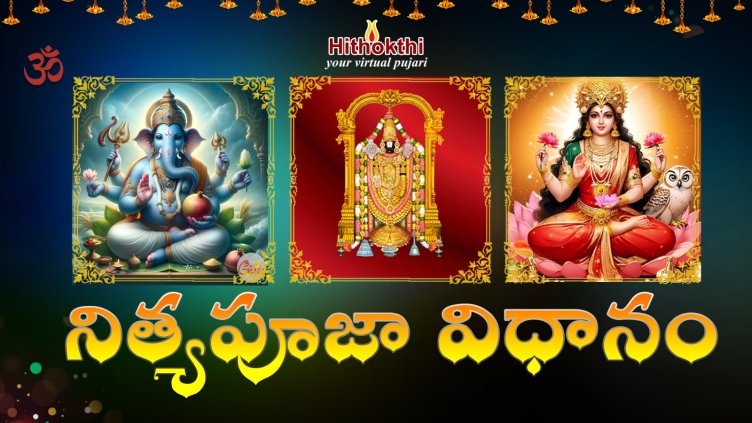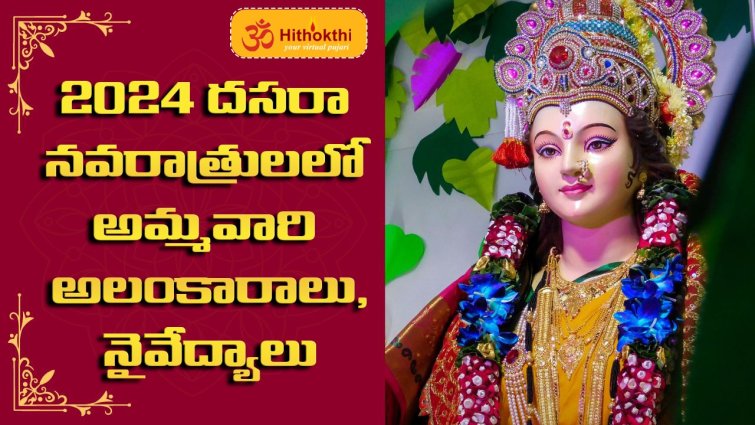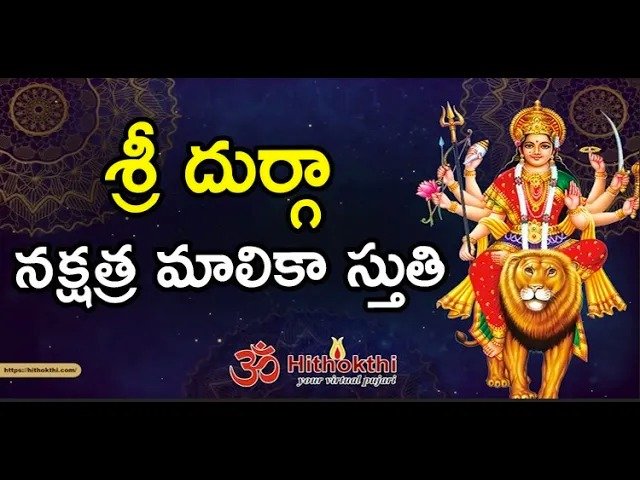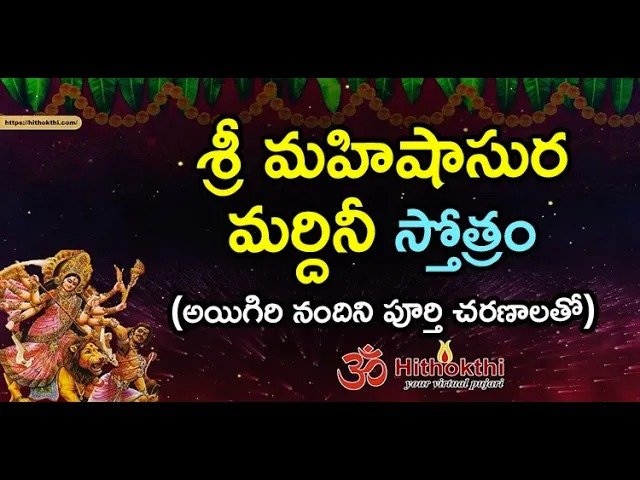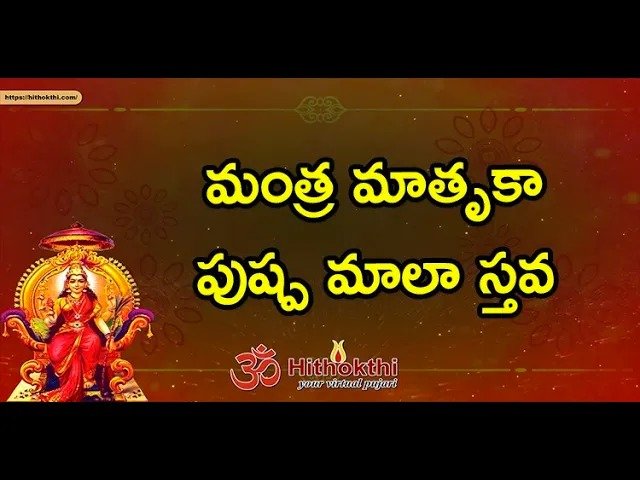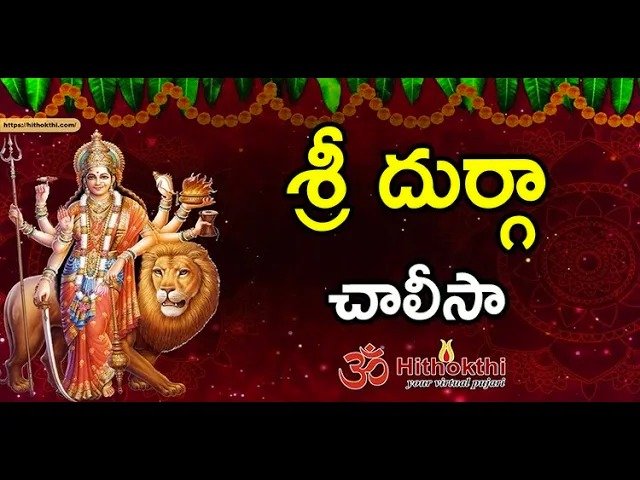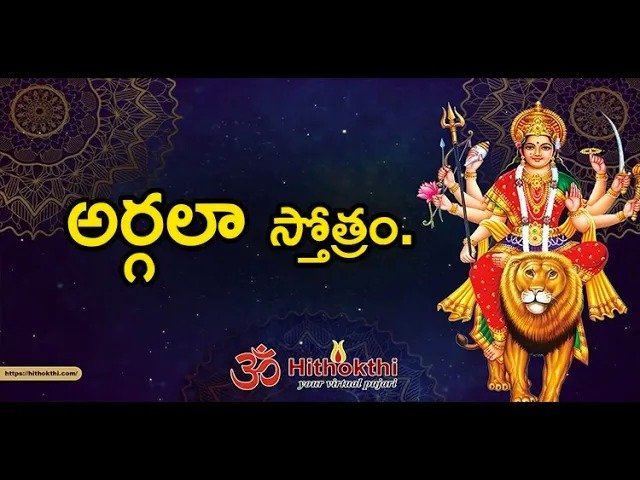Pitru Tarppanam

Kochi, August 2, 2013: The riddles of life after death still remains a mystery. Explanations vary but the dear departed affect our lives in one way or other.
Man’s belief in the hereafter is as old as humanity itself and alive in virtually all cultures.
The ancient Mesopotamians, Egyptians, Phoenicians, Greeks and Romans, and religious sects such as Zoroastrians, Jews, Hindus, Buddhists, Christians and Muslims believe in the afterlife. In some South East Asian countries, people worship deities and ancestors to appease the spirits, ask for favours and to support or show reverence. Such practices are prevalent in our country too - funerary rites, ‘Pitru Tarppanam’ in important thirthas (holy water source) followed by the annual ‘Shraadha’. In Kerala, Karnataka and Tamil Nadu, ancestor worship is as important as religious ritual worship.
The day of summer solstice which marks the first day of ‘Dakshinaayanam’, when the sun begins its journey in the southern hemisphere, in the Tropic of Capricorn, for the next six months, is regarded auspicious for performing the rituals. In Kerala, ‘Karkkidakavavubali’ is the most important oblation offered to the manes, on the first new moon day of the last month of the Malayalam calendar, a month dedicated to devotional practices.
Karkkidakavaavu, the day the bali is offered falls on August 6 this year. In temples and Hindu households ‘Adhyatma Ramayanam’, composed by Thunchath Ezhuthachchan, the Father of Malayalam literature, is recited. Its felicity of diction, lyrical and musical qualities are believed to purify the readers and listeners as well.
People throng the thirthas to offer Bali, mainly the river Periyar near Aluva Shiva temple, the Papanasam beach in Varkala and Papanasini at Thirunelli Temple in Wayanad. Thousands flock to Thiruvallam where Karamana and Killi rivers meet and Shanghumugham Beach in Thiruvananthapuram, Neyyar in Aruvikkara, Bharathapuzha at Thirunavaya in Malappuram, Kozhikode Beach and other temples and beaches to offer ‘Bali’.
Legend has it that Sri Rama offered ‘Pithrutharpanam’ in Karkkidakam at Gokarnam. Legend also says that he performed the last rites for Jatayu on the Summer Solstice day on the banks of river Periyar in Aluva.
It is said that the Pandavas offered Bali at Bharathappuzha for the souls of those who died in the Battle of Kurukshetra.
Also, Parasurama, the incarnation of Lord Vishnu, performed the last rites for his father, Sage Jamadagni, at Thirunelli Temple. He immersed himself in the Papanassini to wash away the sins committed during the ‘ethnic cleansing’ of Kshatriyas. Also, Sree Rama and Lakshmana offered Bali for their father Dasaratha here.
Offering Bali helps ancestors attain Moksha. The ancestral spirits are said to visit relatives on this day to receive the Bali. The ritual is done using sacred water, sacred Dharba grass, flowers and sandalwood. According to Garuda Purana, this ritual bestows long life, health and prosperity on future generations. The most important aspects of ‘Bali’ are ‘Tharpanam’ and ‘Shraadham’.
The ritual of ‘Tharpanam’ is done by offering water mixed with sesame seeds to the Sun God. It should be done with a tranquil mind to seek the blessings of ancestors. In ‘Shraadham’, rice is offered on a plantain leaf, which is eventually immersed in the sea or the river. Priests direct people throughout the process. The person must take a dip in the ‘thirtha’ before and after the ritual and eat only once before the ritual day. Although offering Bali is not mandatory the number of people offering it are increasing.
Men, women and even children can offer ‘Vaavu Bali’. It also gives a sense of having the departed relatives around.
Like most rituals, ancestor worship has no verifiable origin. The Garuda Purana comprising stories detailing life after death, funeral rites and reincarnation and the Bhagavata, say that after the body dies the soul is taken away by the messengers of Yama and brought to the Lord of Death for judgment. As it is unable to remember life’s events due to the shock of being separated from the body, a hot rod, Yamadanda, is placed on its head, through which it is able to recall all the good and bad deeds. The only reparation for its bad deeds rests on the relatives and their actions which Yama sends his minions to observe. The soul observes the relatives’ actions in reparation, while Yama’s messengers stand witness to the rituals done for the departed soul.
In northern Kerala, it is said that the departed souls visit their beloved people and are offered a sweet dish named the ‘vaavada’.
The month is also dedicated to efficacious treatments in ayurveda - both curative and rejuvenating. People follow a special diet, and partake of a rice gruel preparation, with herbs and medicinal seeds called Karkkidakakkanji.
Source: The New Indian Express, DT. August 2, 2013.

